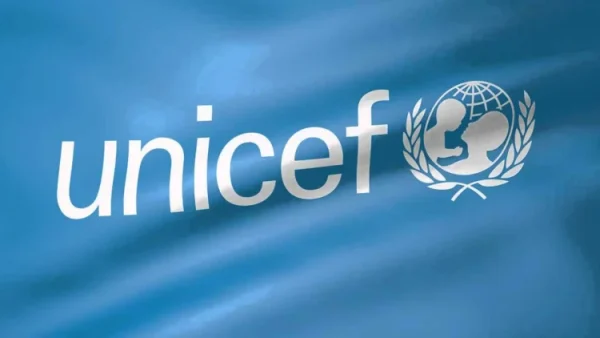The United Nations Children’s Fund (UNICEF) said on Wednesday that Imo has the highest prevalence rate of Female Genital Mutilation (FGM) among the five states of the southeast.
UNICEF’s Chief in Enugu Field Office, Mrs Juliet Chiluwe said this at a media dialogue organised in Owerri, saying that the practice of FGM had continued in spite of policies and laws prohibiting the practice.
”This has continued in spite of the policies that protect the rights and privileges of children, women and girls in the region,” she said.
The dialogue with the theme, “Stepping Up The Pace: Strengthening Alliances and Building Movements to End FGM”, was organised as part of activities marking the International Day of Zero Tolerance for FGM.
Chilue listed some of the policies and laws to include child rights laws, the Violence Against Persons Prohibition law, public declaration of abandonment of FGM practices across communities, improved services for FGM survivors and increased awareness across communities.
She urged stakeholders to support and strengthen alliances among grassroots activists, governments, organisations and the private sector to end the harmful practice.
“In the Nigeria Multiple Cluster Survey (MICS 2021), we still have unacceptable prevalence rates across the southeast states, with Imo ranking first at 38 per cent prevalence among women between the age of 15 and 49.
“Out of this number, 9.7 per cent are girls age zero to 14 years.
“We must amplify voices to increase investment to ensure no girl is at risk of FGM.
“We must also strengthen social movements to eliminate FGM, advocate for accountability, get the voices and stories of survivors and collectively engage stakeholders,” she said.
A public health physician, Dr Chikezie Obasi, quoted a UNICEF report saying that the management of complications of FGM, a practice recognised internationally as a violation of human rights, gulped $1.4 billion annually.
Obasi called for a holistic measures to prevent FGM and implement existing anti FGM laws.
Also, UNICEF’s Communication Officer for Enugu Field Office, Mrs Ijeoma Onuoha-Ogwe, urged journalists in the southeast and Imo especially, to help disseminate accurate and harmonised messages about FGM and cutting.
This, she said would further reinforce journalists’ commitment to end FGM and reawaken the consciousness of all stakeholders.
NAN


